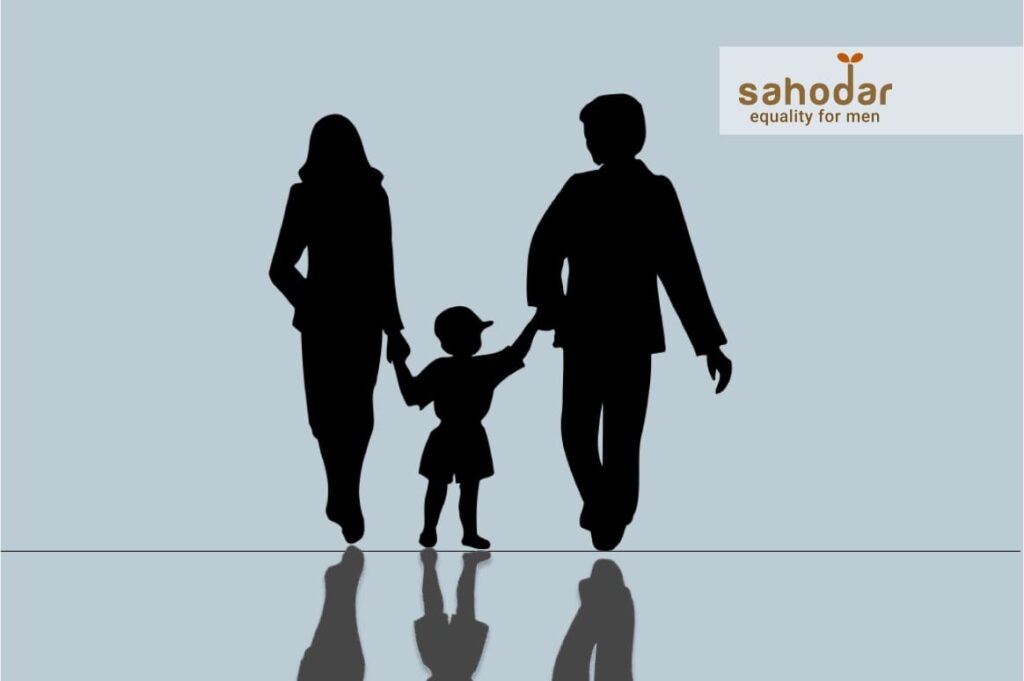Child maintenance is a critical component in ensuring the well-being and financial stability of children following a divorce. The purpose of child maintenance is to ensure that the child or children have the necessary resources to meet their basic needs, such as food, shelter, clothing, and healthcare. Additionally, it can also cover expenses related to the child’s education and extracurricular activities.
In most cases, the custodial parent is responsible for the day-to-day care and expenses of the child or children. However, the non-custodial parent has a legal responsibility to financially contribute to the upbringing of their child or children. This financial contribution is known as child maintenance.
When determining child maintenance, various factors are considered, such as the income of both parents, the number of children, and the child or children’s needs. The amount of child maintenance is usually determined by using guidelines or laws established by the government or court. In many countries, there are different methods to calculate the child support which could be based on the income of the non-custodial parent, a percentage of their income, or a combination of both.
It’s also worth mentioning that child maintenance is not limited to financial support only. The non-custodial parent also has a responsibility to provide emotional support to their child or children. This can include maintaining regular contact through phone calls, emails, or visits, and staying involved in important decisions related to the child’s upbringing, such as education and healthcare.
In summary, child maintenance is a crucial aspect of ensuring that children have the necessary resources and support to grow and thrive following a divorce. It’s a legal obligation of the non-custodial parent to financially support their child or children and provide emotional support as well, as it’s vital for the child’s well-being.
Understanding Child Maintenance Under Section 125 of the Code of Criminal Procedure, 1973 in India
Child maintenance under Section 125 of the Code of Criminal Procedure, 1973 (Crpc) is a provision in Indian law that allows for the legal right of maintenance for certain individuals, including dependent children, indigent parents, and divorced wives. This section provides a mechanism for ensuring that those who are unable to support themselves financially receive the necessary support from their spouse or other family members.
Under Section 125, a Class I Magistrate has the authority to order a person to pay a monthly allowance for the maintenance of their child, wife, mother, or father if there is valid evidence that the person has neglected or refused to provide the necessary support. The amount of maintenance is determined based on the individual’s capacity to pay and the needs of the person receiving the support.
However, it’s important to note that the provision of maintenance is not absolute and there are certain circumstances where a wife may not be entitled to receive maintenance. This includes instances where the wife has committed adultery, has refused to live with her husband, or has separated from her husband by mutual consent.
In general, the purpose of Section 125 Crpc is to ensure that individuals who are unable to support themselves financially receive the necessary support to meet their basic needs, such as food, shelter, and healthcare. It’s a tool that allows for the protection of vulnerable individuals, including children, and ensures that they have access to the resources they need to grow and thrive.
Maintenance Provisions under Various Religious Laws: A Comparison
Maintenance, also known as alimony or spousal support, is a legal provision that allows for the financial support of a spouse or dependent family members following a divorce or separation. The laws regarding maintenance vary depending on the religious laws that govern the individual’s marriage.
- In Hindu law, maintenance for a wife and her children is governed by the Hindu Adoption and Maintenance Act, 1956. Under this act, a wife can claim maintenance from her husband if she is unable to maintain herself financially and has been given custody of the child.
- In Muslim law, maintenance for a divorced Muslim woman is governed by the Muslim Women (Protection of Rights on Divorce) Act, 1986. Under this act, a divorced Muslim woman is entitled to maintenance during the iddat period, which is a period of waiting after divorce or the death of a husband. Additionally, the woman is entitled to receive back any mehr (dower) that was agreed upon at the time of marriage, and maintenance for a period of 2 years after the divorce to support herself and her children. If the woman is unable to support herself after the iddat period, the Magistrate can order her relatives who inherit property or the State Wakf Board established under the Wakf Act, 1955 to pay maintenance.
- In Christian law, maintenance for a wife is governed by Section 37 of the Indian Divorce Act 1869. Under this act, a wife can apply for maintenance in a civil or high court, and the spouse will be obligated to pay support for her lifetime.
- In Parsi law, maintenance for a wife is governed by the Parsi Marriage and Divorce Act, 1936. Under this act, a Parsi woman has the right to maintenance and the court can award a maximum of 1/5th of the husband’s net income as maintenance. However, the husband is only liable to pay maintenance to her for lifetime if the wife remains unmarried.

